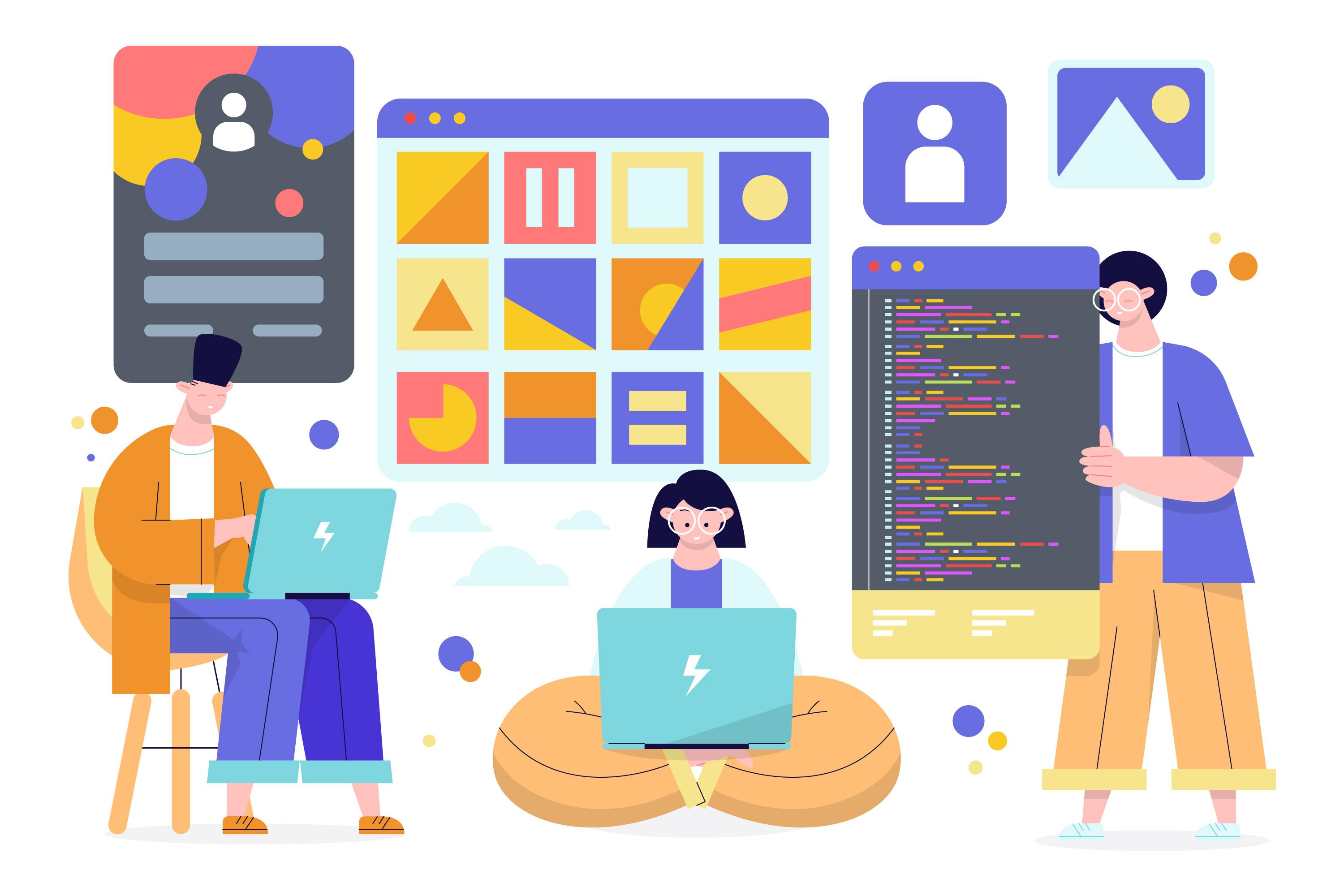OpenAI’s latest Record Mode, launched within Advanced Voice Mode, now lets you turn on your camera and share live video during a conversation with ChatGPT. This hands-free visual interaction makes it feel more like talking to a real assistant standing beside you.

Quick overview: Tap the voice icon, then the camera icon, and ChatGPT “sees” what’s in front of you. From troubleshooting tech to getting feedback on documents or objects, this feature brings a new dimension to AI assistance. Below is your guide for using it effectively.
Step by Step Guide
Step 1: Open Advanced Voice Mode
Tap the voice icon in the ChatGPT mobile app to start a conversation using Advanced Voice Mode.
Step 2: Start the Video Feed
Tap the camera icon at the bottom of the screen during your voice chat. ChatGPT will then view and interact with your live video feed.
Step 3: Speak Naturally While Pointing the Camera
Show what you’re looking at, your whiteboard, dashboard, code, even your coffee setup. Ask questions out loud like “What is this UI component?” or “Am I using the right adapter?” ChatGPT responds in real time, integrating visual and audio context.
Step 4: Stop Video When Done
Tap the camera icon again to stop sharing. Afterward, ChatGPT may still reference what it saw earlier. This allows follow-up questions without restarting the feed.
Ideal Use Cases
- Troubleshooting gear or setup: Point your phone camera to hardware or cables
- Understanding user interfaces: Let ChatGPT guide you through on-screen menus
- Getting feedback on objects: Show sketches, product samples, or screens
- Learning real world tasks: From recipes to DIY assembly help
This is a powerful leap in OpenAI chat features, enabling more natural interaction by combining voice and sight.
Curious how smarter AI features like this fit into broader design and product decisions? Explore more in our article on building AI powered experiences: How to Create an AI Project with Dihardja Software. It’s full of insights that guide you from idea to implementation.
Heading 2
Heading 3
Heading 4
Heading 5
Heading 6
Lorem ipsum dolor sit amet, consectetur adipiscing elit, sed do eiusmod tempor incididunt ut labore et dolore magna aliqua. Ut enim ad minim veniam, quis nostrud exercitation ullamco laboris nisi ut aliquip ex ea commodo consequat. Duis aute irure dolor in reprehenderit in voluptate velit esse cillum dolore eu fugiat nulla pariatur.
Block quote
Ordered list
- Item 1
- Item 2
- Item 3
Unordered list
- Item A
- Item B
- Item C
Bold text
Emphasis
Superscript
Subscript






.png)


.svg)







